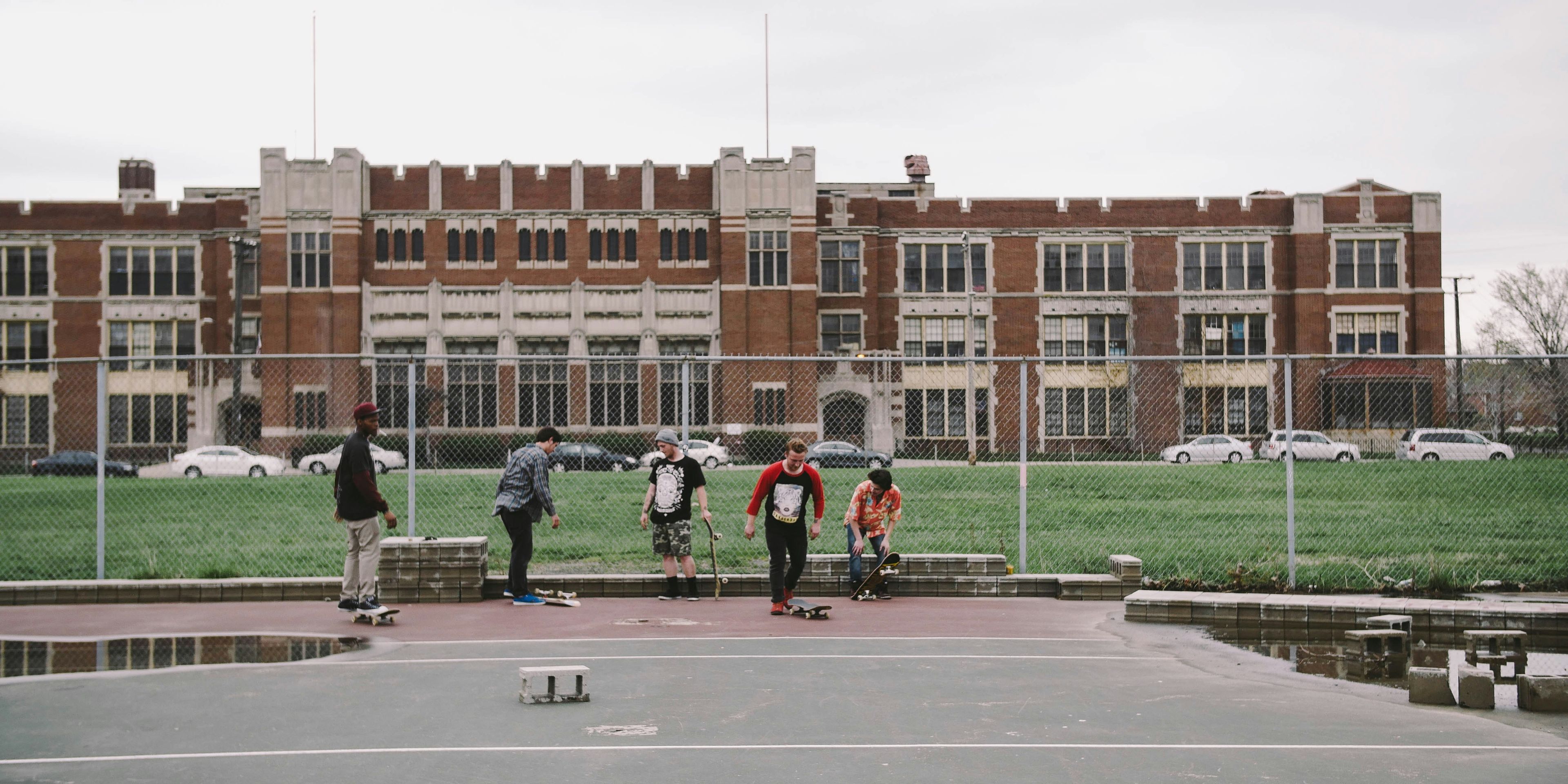Clarence Thomas: A Legacy of Controversy and Conservative Jurisprudence

Justice Clarence Thomas: A Controversial Figure in American Jurisprudence
Clarence Thomas, Associate Justice of the Supreme Court of the United States, has been a prominent figure in American politics and law for decades. His career has been marked by both significant achievements and considerable controversy, making him one of the most discussed and debated justices in recent history.
Born in 1948 in rural Georgia, Thomas's early life was shaped by poverty and racial segregation. He overcame these challenges to excel academically, eventually earning degrees from Holy Cross College and Yale Law School. His legal career began with positions in the private sector and government, including serving as Assistant Attorney General for the State of Missouri. He later became a key figure in the Reagan and Bush administrations, holding positions such as Chairman of the Equal Employment Opportunity Commission.
His nomination to the Supreme Court in 1991 was highly contentious. The hearings were dominated by allegations of sexual harassment made by Anita Hill, a former colleague. These accusations sparked a national debate about race, gender, and power, and left a lasting impact on the confirmation process. Despite the controversy, Thomas was confirmed by a narrow margin and has served on the court ever since.
Justice Thomas is considered one of the most conservative justices on the Supreme Court. His judicial philosophy is rooted in originalism and textualism, emphasizing the original meaning of the Constitution and the plain text of statutes. He is a strong advocate for states' rights and has consistently voted to limit the power of the federal government. He has been a key voice in landmark decisions involving affirmative action, campaign finance, and gun control. His opinions are often characterized by their brevity and pointed dissents when he disagrees with the majority.
His decisions have frequently drawn criticism from liberal legal scholars and activists, who argue that his interpretations are overly restrictive and ignore the evolving needs of society. Conversely, conservative groups praise his commitment to originalism and his consistent defense of traditional values. His jurisprudence has undeniably shaped the court's trajectory in numerous significant areas of law.
Beyond his judicial work, Justice Thomas has engaged in public discourse through lectures, speeches, and writings. He has been open about his personal beliefs and his experiences overcoming adversity, often emphasizing the importance of self-reliance and individual responsibility. His public pronouncements have frequently generated controversy, further cementing his reputation as a highly influential and polarizing figure in American life.
In conclusion, Clarence Thomas's career is a complex and multifaceted tapestry woven from personal struggle, political ambition, and legal scholarship. His impact on American law and jurisprudence is undeniable, and his legacy continues to be debated and analyzed as the Supreme Court continues its work shaping the legal landscape of the nation. The ongoing discussion surrounding his judicial philosophy and the events surrounding his confirmation serve as a reminder of the enduring and often contentious nature of American politics and the high stakes involved in shaping the composition of the Supreme Court.